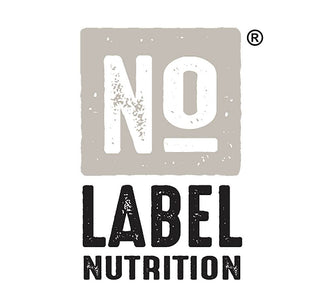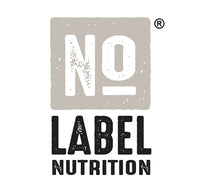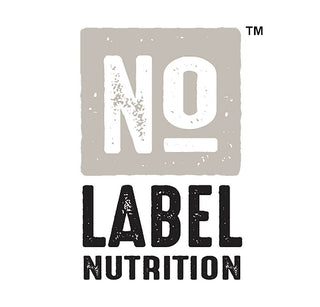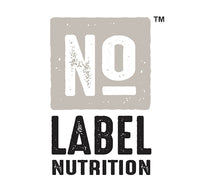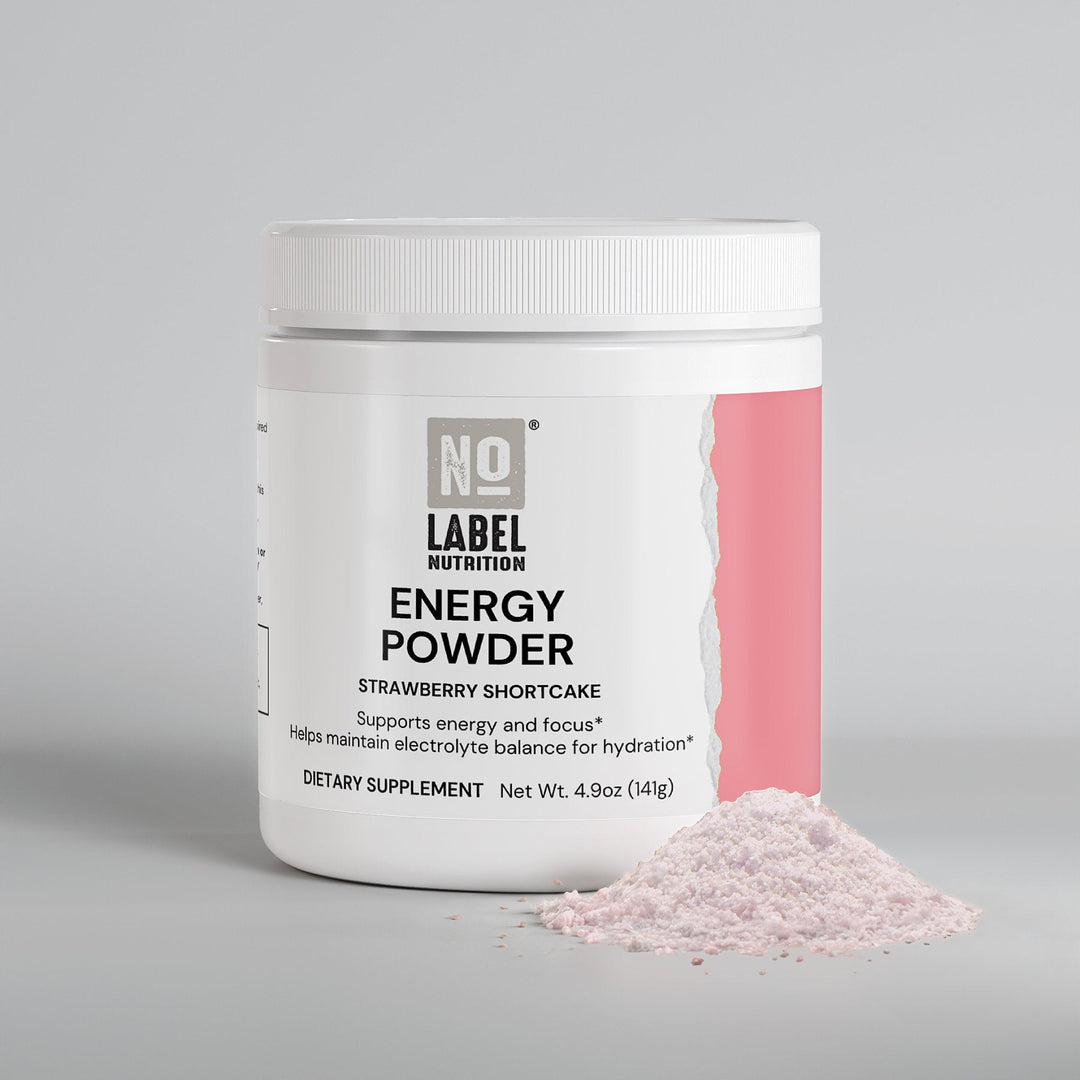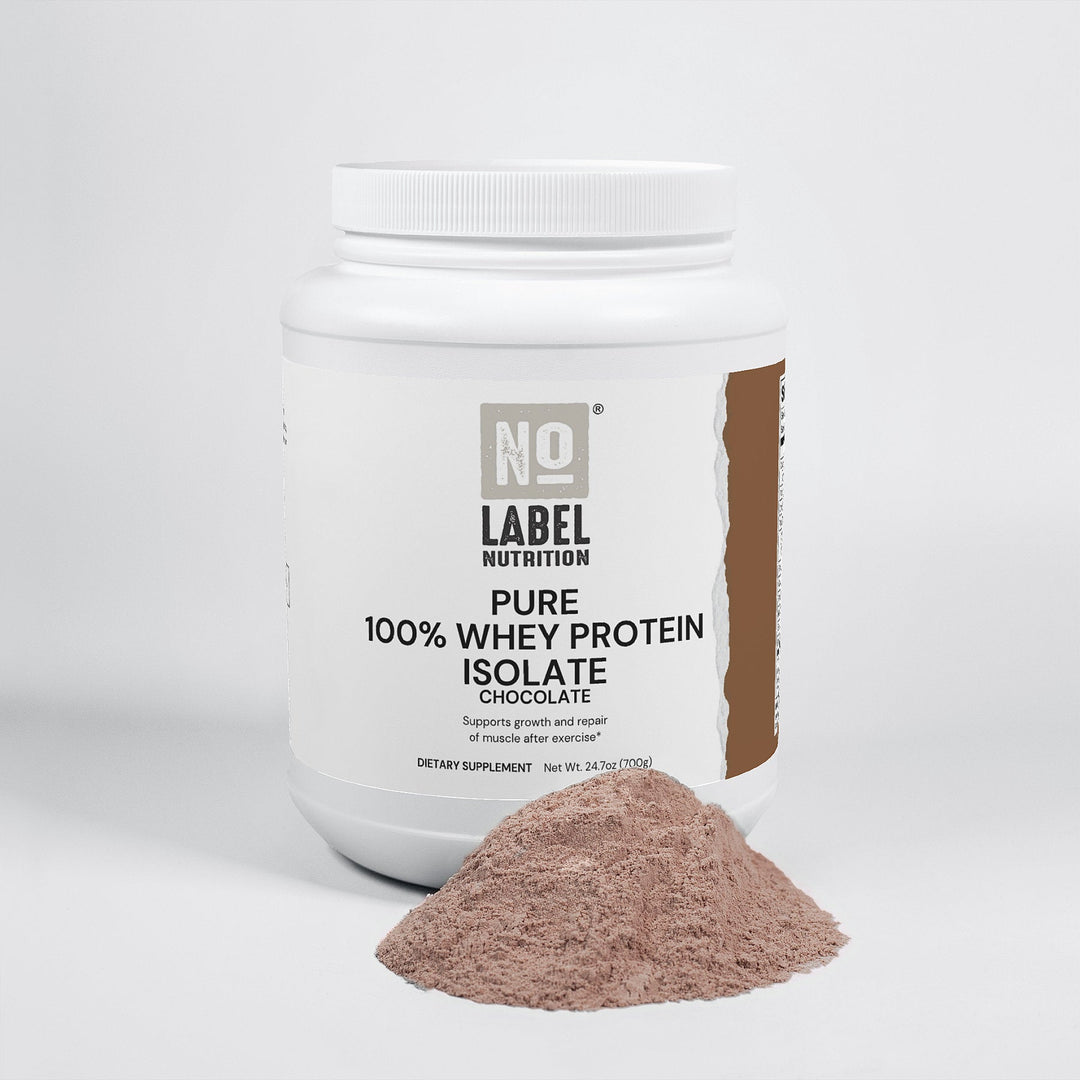The Difference Between Weight Loss and Fat Loss | No Label Nutrition™

In the quest for a healthier body, many people are fixated on a single number: the one that appears on the scale. This number, however, only tells part of the story. At No Label Nutrition™, we emphasize the importance of understanding the difference between weight loss and fat loss, and why focusing solely on the scale can lead to unnecessary mental anguish and frustration.
Weight Loss vs. Fat Loss: Understanding the Difference
Weight loss is a reduction in overall body weight. This weight can come from a variety of sources: body fat, muscle, water, and even bone mass. On the other hand, fat loss specifically refers to the reduction of body fat, which is the primary goal for most people looking to improve their health and physique.
Here’s why the distinction matters:
- Weight Loss: When you see the number on the scale go down, it might seem like a victory. However, this decrease could be due to a loss of muscle mass, water weight, or even glycogen stores, not just fat. Losing muscle mass, in particular, can be detrimental to your overall health and metabolic rate.
- Fat Loss: Fat loss is the reduction of adipose tissue, which is the goal for most people who want to improve their body composition. Unlike general weight loss, fat loss is more likely to improve your health markers, appearance, and overall well-being.
The Scale: A Misleading Metric
The scale is a popular tool for tracking progress, but it doesn’t account for changes in body composition. This limitation can lead to disappointment and discouragement, especially when the number doesn’t move as expected or even increases despite your hard work.
For instance, imagine you’ve been consistently working out, incorporating strength training into your routine. You’ve noticed your clothes fit better, and you feel stronger, but when you step on the scale, the number has only dropped a little, stayed the same, or even increased. This scenario is common and highlights the limitations of the scale as a sole measure of success.
When you engage in strength training, you build lean muscle mass, which is denser than fat. This means that as you gain muscle and lose fat, the scale might not reflect the changes happening in your body. In reality, you may have dropped several pounds of body fat, gained lean muscle mass, and improved your overall body composition, even if the scale doesn’t show a significant decrease in weight.
Why Muscle Mass Matters
Muscle mass plays a crucial role in your metabolism. The more muscle you have, the more calories your body burns at rest. This is why it’s essential to focus not just on losing weight, but on preserving or increasing muscle mass during your fitness journey.
Losing muscle mass can have serious long-term consequences. For example, many people who follow fad diets or take prescription weight loss medications, such as the popular injectable Ozempic, may see significant weight loss on the scale. However, this weight loss often includes a substantial amount of muscle mass.
Consider this: Someone might lose 50 pounds on a diet or weight loss medication, but if 15 pounds of that is muscle mass and only 35 pounds is fat, they’ve actually set themselves up for potential weight regain. The loss of muscle mass slows down the metabolism, making it easier to regain the weight once the diet or medication is stopped. This rebound effect is common among those chasing quick fixes without considering the long-term impact on their muscle mass and metabolism.
The Problem with Quick Fixes and Fad Diets
The allure of quick fixes is strong. Fad diets and weight loss medications promise fast results with minimal effort, but these results are often short-lived. As we’ve seen, rapid weight loss often leads to a significant loss of muscle mass, which can have lasting negative effects on your metabolism.
At No Label Nutrition™, we often see people who have tried these quick fixes only to regain the weight they lost, often with interest. This cycle of losing and regaining weight can be disheartening and can damage your long-term health. It’s important to remember that sustainable fat loss requires a commitment to a healthy lifestyle, including regular exercise, a balanced diet, and a focus on preserving muscle mass.

When it comes to fat loss, there are no shortcuts. If it were easy, 80% of the American population wouldn’t be classified as overweight, and 45% wouldn’t be classified as obese. Achieving and maintaining a healthy body composition takes commitment and hard work.
A comprehensive approach to fat loss involves:
1. Strength Training: Incorporating regular strength training exercises helps build and maintain muscle mass, which is essential for a healthy metabolism.
2. Balanced Nutrition: A diet rich in whole foods, lean proteins, healthy fats, and complex carbohydrates supports muscle growth and fat loss. Avoiding extreme diets and focusing on sustainable eating habits is key to long-term success.
3. Consistency: Staying consistent with your exercise routine and diet is crucial. Progress may be slow at times, but consistency will yield long-term results.
4. Mindset: Shifting your focus from the scale to how you feel, how your clothes fit, and other non-scale victories can help maintain motivation and prevent frustration.
5. Professional Guidance: Working with professionals, like the team at No Label Nutrition™, can provide you with personalized guidance and support to help you achieve your goals in a healthy, sustainable way.
Conclusion: Focus on What Truly Matters
At No Label Nutrition™, we believe that true success isn’t measured by the number on the scale but by how you feel, your overall health, and your body composition. By understanding the difference between weight loss and fat loss, and focusing on building and maintaining muscle mass, you can achieve lasting, meaningful results.
Remember, there are no quick fixes when it comes to health. Sustainable fat loss requires dedication, hard work, and a commitment to a healthy lifestyle. By shifting your focus away from the scale and towards a comprehensive approach to health and wellness, you can achieve the results you desire and maintain them for the long term.
